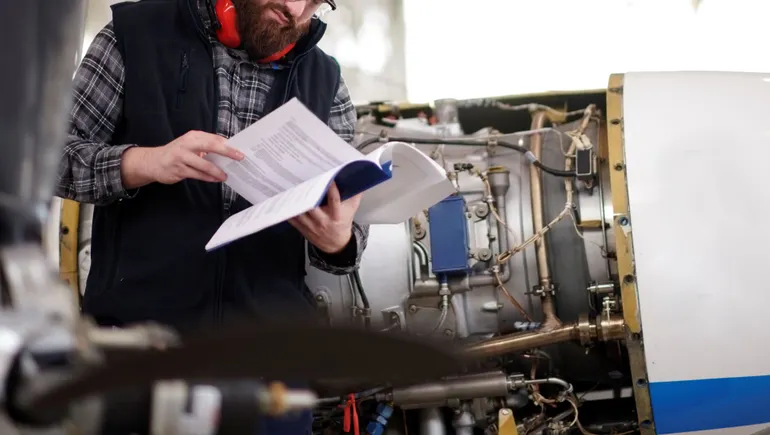C-suites members seem to disagree on the strategic value of talent acquisition: While 88% of HR executives responding to a survey said they drive strategic change, only 27% of CIOs agreed, according to a June 4 report from iCIMS.
In addition, 75% of HR leaders said they plan to invest more in talent acquisition in 2025, and 85% said talent acquisition technology is a higher priority today than even two years ago. Without stronger alignment with CIOs and IT teams, though, talent strategies could be stalled, iCIMS warned.
“People are the heart of business success, and HR must be viewed as a strategic partner essential for connecting talent, technology and business growth,” said Laura Coccaro, chief people officer for the organization. “In today’s competitive landscape, where AI and advanced TA technology are essential to attract and retain top talent, HR and IT must have a united front.”
HR leaders appear to be shifting from operational to strategic talent advisors; in the survey of more than 1,000 CHROs and chief people officers, half said they spend more time on TA now than two years ago.
Even so, only 34% said their organization views TA as a core strategic function. Another third said their organization sees TA as a support function, and the remaining third said TA is seen as primarily transactional.
Looking ahead, HR leaders said their top priorities include integrating AI into hiring processes, increasing the diversity of talent pipelines and improving TA analytics and reporting.
To highlight the strategic impact of talent acquisition, HR leaders can create goals tied to workforce growth and skill needs, tie TA metrics to company performance, include outcomes driven by AI usage and craft a compelling message tied to ROI. A statement, such as “We filled 30% more roles, 20% faster,” can highlight cost savings, impact and momentum in terms that C-suite executives care about, the report found.
AI adoption ranked as both a top priority and concern for HR leaders, with 60% using AI throughout the TA process. Although TA teams are expected to move faster and smarter, that requires the right tools, talent and alignment with IT teams, the report found.
“AI gives TA a chance to become a more strategic, influential voice within the organization — and that’s exciting,” said Jo-Ann Feely, chief innovation officer at AMS. “But to fully capitalize on this shift, TA leaders need to step into a more influential role, align their goals more closely with business outcomes and make sure they have a seat at the table when AI strategy is on the agenda.”






Leave a Reply